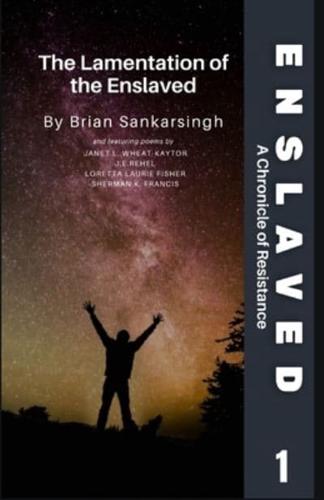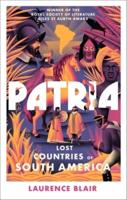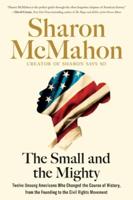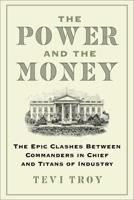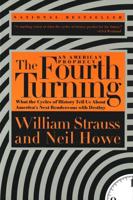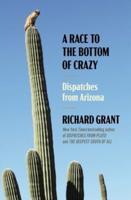Publisher's Synopsis
Enslaved, A Chronicle of Resistance is the first modern book of poetry of its kind. It is a chronicle of enslavement and resistance told in an exquisite blend of prose and poetic verse. Through the esthetic and rhythms and rhymes of poetry, it chronicles the establishment and institutionalization of systemic racism. Each poem tells its own story, but each is also part of a bigger narrative. A story, within a story.
A prelude to each poem sets the context and moves the story along. Some of these preludes describe the historical, cultural, societal, political or economic environment as well.
Enslaved, is not just poetry about the atrocities of African slavery and the horrible price humanity continues to pay for it. Neither is it just a story of racism, bigotry, discrimination or prejudice. It is a story about dominion, power and control. It plunges the depths of depravity humanity can sink to and the things they are willing to do to justify it all. It is also a story of hope, courage and optimism that can only be told through poetry. It powerfully tackles the subjects of racism, Shadeism (the discrimination against an individual on the basis of their skin tone), the use of racist symbols and systemic racism in a time when the world is caught up in debate as to what all of that really means. It shows the birth of systemic racism and challenges readers to address it in whatever colour is rears its head.
As humanity stands on a precipice, looking down into the darkness of its own historical hate and racial prejudice, Enslaved, A Chronicle of Resistance reminds them of past horrors, before challenging them to step back from the precipice.
Sadly, for as long as humans have wandered the face of this blue planet some have hungered to exercise dominion over others. This heartless need to dominate and rule over those perceived to be "lesser" or "sub-human", has corrupted and contaminated humanity throughout history. Our conquered enemies become our slaves for life. We demand servitude as payment for debts real and imagined. Whole clans and tribes serve only as fodder for would-be landowners and royalty because of perceived status.
From the cave to the pyramid, castle to tenement, the hunger to dominate another's life has beleaguered us. When driven by the need to occupy the top of the food chain, many are all too willing to stand upon the lifeless bodies of their fellow human beings. One practice, however, stands head and shoulders above it all. It is the one that serves as a lesson in what happens when one race uses all its resources, power, abilities and even the moral authority of its religion to rule over another.
The depraved cruelty of the American enslavement trade has eclipsed all other known examples. However, we must acknowledge that a simple reason we are so keenly aware of the atrocities of the American enslavement of Africans is that it is well documented. We have historically accurate records that describe the brutalities done to the African enslaved people. There are court cases where enslavers were tried for killing the enslaved and more recently, historically accurate non-fiction books - and later movies - that use enslavement as the backdrop of storytelling. These have all served to help preserve Black history.
